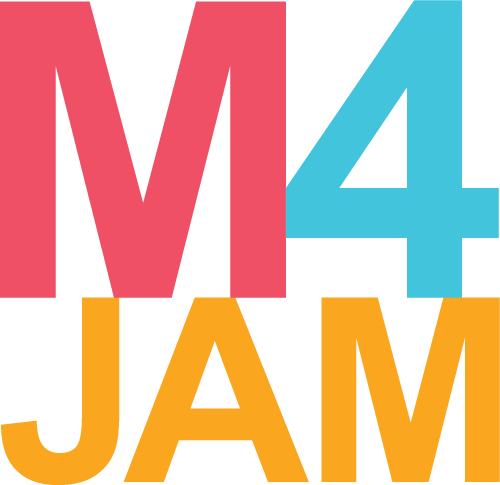Formal employment contracts still widely restrict women’s decisions about having children. The gender pay gap still exists, despite not being justifiable in any way. Women are still under-represented not only in the workforce but especially in leadership positions and CEO roles worldwide. While the world muses on the fate of Afghanistan’s women under Taliban control, gender inequality persists even in developed countries.
For many women, the false choice of career or parenthood is painfully real. However, over recent years a trend has emerged: the number of women working in the gig economy in South Africa has outgrown the number of males. Women registered with the M4Jam platform now make up 65% of users and the reasons are clear – the gig economy is hugely beneficial to women because it allows them to not only upskill themselves and earn income when and how they choose, but the relative anonymity of the gig economy allows women to compete with men on an equal basis.
Research has shown that when women feel safe, secure and valued, they are much more likely to join the gig economy. Providing training, and employment on an equitable basis are driving economic inclusion in South Africa, where the gig economy holds the potential to reduce poverty and unemployment.
Full-time jobs in South Africa are rare, and women are embracing gig work as a primary source of income because they have an even chance of succeeding. Low barriers to entry, flexibility and autonomy allow women to overcome societal norms and traditional challenges to finding formal employment, such as access to capital, skills and access to ICT infrastructure.
Unskilled women frequently encounter societal norms that deter them from training in activities considered unsuitable or physically ‘too demanding’ for women. The result is that unemployed women in South Africa and Africa at large are consigned to menial, low-paying work. The gig economy provides a way to bypass this grassroots exclusion, using digital platforms to attain skills and connect with paying work opportunities.
The fact that the M4Jam platform operates successfully via mobile makes it broadly accessible throughout the country. South Africa and Africa enjoys a high level of mobile phone and network penetration, making this technology the ideal platform for inclusivity across Africa.
This is not to say that the digital economy and technology can eliminate persistent gender-related problems. In South Africa, just as in many countries around the world, women are expected to shoulder the burden of being primary caregivers at home, which reduces the time they have available to both upskill themselves and complete tasks for pay. Likewise, some work – even sourced through the gig economy – may still present physical dangers for women, such as in ride-hailing services.
Despite these lingering challenges in broader society, a shift to digital platforms and freelance work introduces ways to overcome systemic gender discrimination. The training provided by a digital platform like M4Jam, upskill users so that they can successfully carry out tasks for employers, build their CVs and can act as a launchpad for entrepreneurial ambitions.
As freelance workers, women are also able to compete for work and pay opportunities on an equal footing with men. Women can earn equal pay for equal work and frequently avoid discrimination, bias and harassment when sourcing work over platforms that protect anonymity.
Research shows that women are more likely than men to work in the gig economy for supplemental income because of a lack of stability and consistent workflow. It also shows that women are much more likely to make their gig economy work their primary income if they can find work that builds and uses their skills (as opposed to working as ride-hailing drivers, for instance). At M4Jam, user statistics bear this out, with a high proportion of women making jobbing their primary source of income.
The gig economy continues to grow in importance for women and will provide an opportunity for women to move away from low-paying but stable work to participating as skilled workers in the digital economy. There are a few ways gig economy platforms can play their part:
- Partnering with large corporate clients to ensure that micro-jobs remain widely available.
- Providing all training necessary to complete micro-tasks.
- Paying at least a local living wage after costs.
- Mitigating task-specific risks by providing personal insurance for each jobber.
- Providing clear and transparent terms and conditions.
- Providing a due process for decisions affecting jobbers.
- Providing equity in the management process.
- Assuring freedom of association and expression of the collective worker voice.
Gig work has the potential to offer women financial freedom, based on opportunities of equal work for equal pay and improved work-life balance. While South Africa legislation needs to catch up with the gig economy in preventing exploitation and the lack of benefits for temporary workers, M4Jam has been internationally recognised for its protection of its jobbers, including their safety and security while completing tasks through the platform.
The gig economy’s potential for addressing unemployment and financial inclusion of women should be recognised by the government and digital platforms alike in creating conditions of work that will encourage more women to participate. Covid-19’s economically destructive effects will necessitate a new approach to removing hurdles to employment for women and the gig economy should be strongly considered for this potential.
Read BusinessDay article

